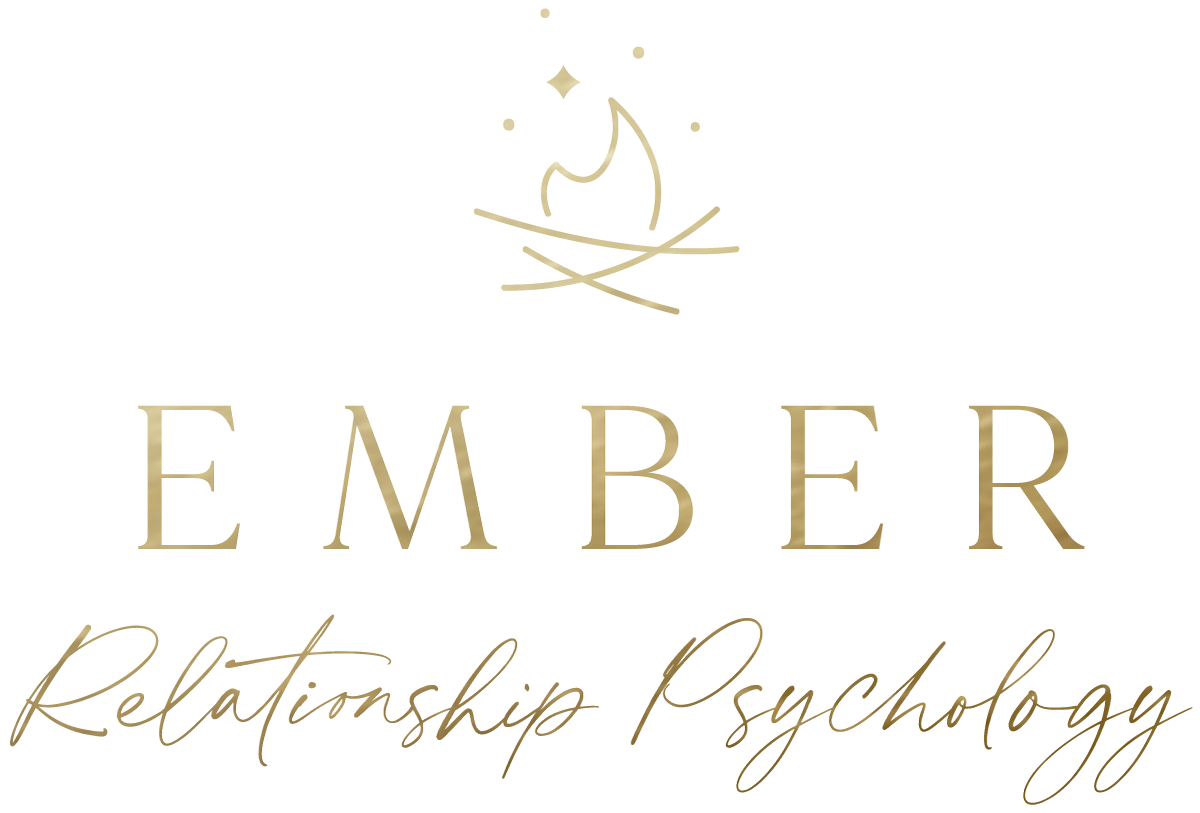Early Life Influences on Romantic Relationships
By Amber Dalsin, M.Sc., C.Psych.
Early Life Influences in Romantic Relationships
Tame your triggers by discovering where they come from
I've been struck over the last week―working with my clients, in my own relationship, and in books I have read―about the influence of our early lives and the lasting impact it has in our adult relationships. Even when we are trying to do things differently, the choices we make are often rooted in the attempt to avoid making the painful mistakes of our parents.
We vow that we will never be like our parents, then catch a flash of ourselves in the mirror acting exactly as they did. Our behavior can seem baffling to us―overwhelming or confusing, but nearly all human behavior makes sense when we view it through a lens of our early experiences.
Through identifying our helpful and not-so-helpful assumptions, rules, and beliefs, we can change behaviors and our relationships.
Where Triggers Come From
It's interesting to think about what triggers fights with our partners. It could be a raised voice, a clipped tone, a text message that wasn't responded to, or not coming home until the next day. All of these things could be triggers for some people and not a trigger for the next person. Early learning, our beliefs, values, our experiences shape us and influence our reactions.
To one person a raised voice is nothing, to the next person it symbolizes fear or disrespect. For some people, showing up anytime between 7:00 and 8:00 when you said you were going to arrive at 7 is fine, but to another person with different rules and assumptions, anything after 7:01 is late, even disrespectful. What happens is we create meanings and generate assumptions that cause us distress. Often these are the things that lead to conflict with our partners.
Perpetual Problems and Gridlock
In training, we talked about conflicts with couples. We learned to identify what are called perpetual problems―these are the kinds of problems that all couples have. They are perpetual because we all have different personalities, beliefs, values, preferences, and at times those cause problems, oftentimes repeat problems in our relationships.
Perpetual problems can be countered with an adaptable mindset so they don't cost big blowouts. Gridlock perpetual problems are the kind of problems where couples get really stuck, they have big blowouts or avoid or give the silent treatment. These are the kinds of problems that couples really really get stuck on and they can't usually find a way to compromise or adapt. Gridlocked. These are the kinds of problems I work with a lot in couples therapy.
The Influencers
Relationship psychologists are trained to look at what lies beneath these big problems. We look for the influences. One of the questions we’re taught to ask is: how do these problems relate to our background history or childhood?
Many couples tell me that a current problem doesn't relate to their background in any way. You don’t feel your childhood experiences pushing you to react to your partner in a particular way, but it is there.
I think that almost all triggering problems―the things that cause the big upsets―relate to our background history in some way. Because that early learning, that early symbolism, those early assumptions, rules, and beliefs, they are not undone over time. If we were having a big reaction to something small, there is probably a big reason why.
Taming Your Triggers
Understanding and acknowledging how early life influences your relationships allows the opportunity to control or moderate your reactions, understand your partner’s triggers, and hopefully navigate those perpetual gridlock problems, overcome challenges, and feel more connected with your partner.
In my next post, we will look at two steps to help you overcome behavior arising from early life influences.
This blog is not meant to be a substitute for couples therapy or relationship counselling. This should not be construed as specific advice. See a relationship therapist in your area to address your specific problems.


